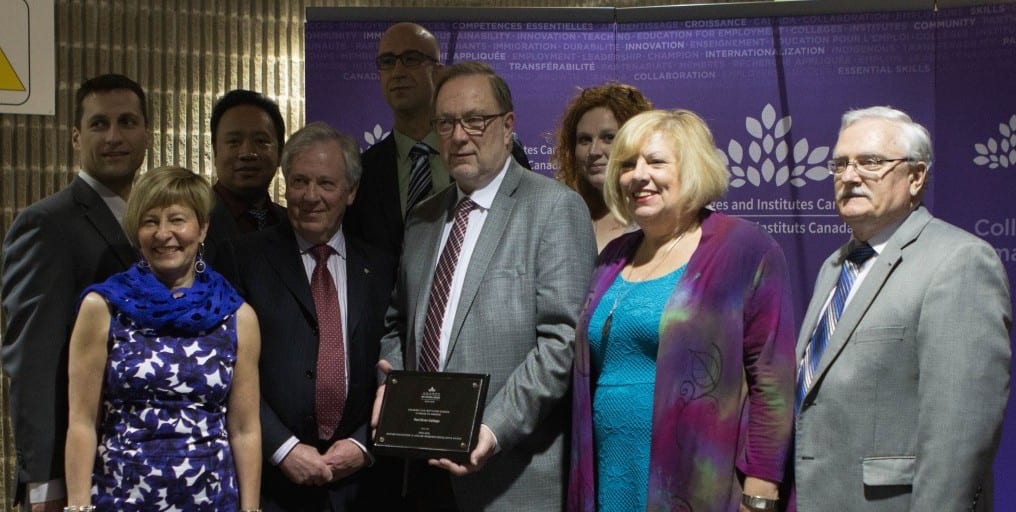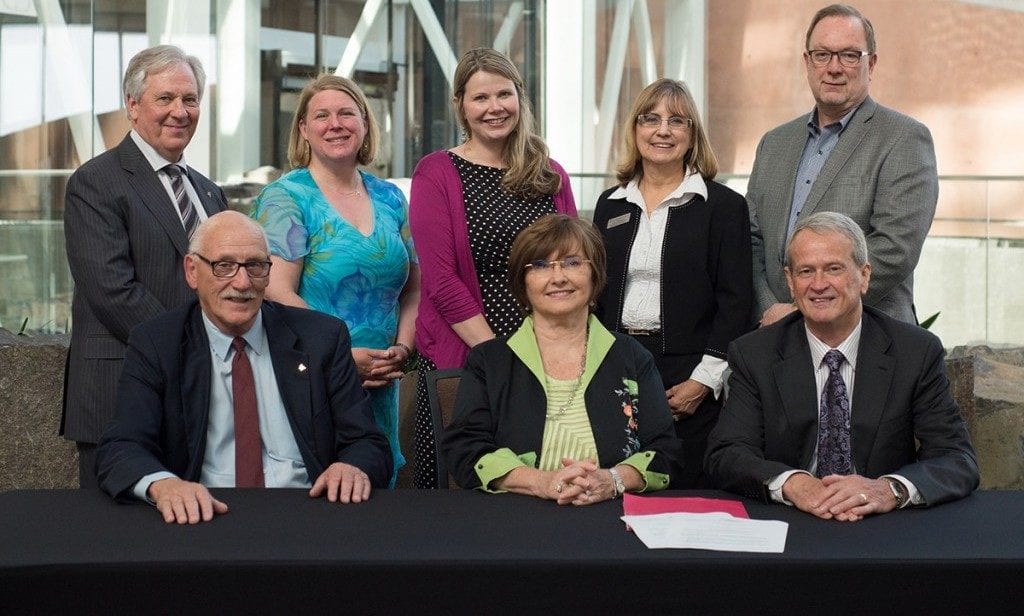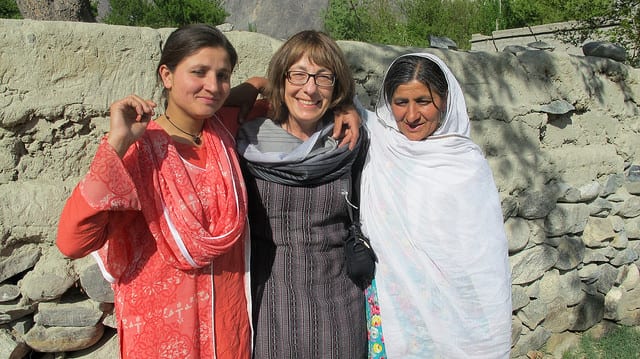Red River College leads nation in research partnership growth and ranks as a Top 10 Research College for third consecutive year
WINNIPEG, MB – Red River College (RRC) has been recognized as Canada’s top research college in partnership growth for 2014, as well as 8th overall by Research Infosource in their annual Canada’s Top 50 Research Colleges 2015 list.
The College has placed in the top 10 overall every year since Research Infosource first published its Top 50 list in 2013.
 “Applied Research & Commercialization at the College continues to create and deliver more applied research and innovation resources for our partners and the communities we serve,” said Paul Vogt, president and CEO of Red River College. “Next to workforce-ready graduates, applied research offerings are key to our business community. It has led to many innovations in products, production methods and services delivered by Manitoba enterprises.”
“Applied Research & Commercialization at the College continues to create and deliver more applied research and innovation resources for our partners and the communities we serve,” said Paul Vogt, president and CEO of Red River College. “Next to workforce-ready graduates, applied research offerings are key to our business community. It has led to many innovations in products, production methods and services delivered by Manitoba enterprises.”
Along with leading the nation in partnership growth (a new category), RRC increased its ranking in total number of partnerships from 12th to 6th and total number of projects from 15th to 11th.
The only sub-category in which the College’s ranking lowered was in research intensity, which can actually be looked at as a good thing. Research intensity is calculated based on total research income and the number of researchers engaged.
“While our research income remained relatively stable in 2014, we engaged more researchers in our projects,” said Ray Hoemsen, director of Applied Research & Commercialization at Red River College. “An increase in researchers engaged translates to a net benefit towards curriculum development and applied student learning and contributes to the long term growth of our research capacity.”
Overall, Canadian college research income growth took a sharp decline in 2014, going from over 30 per cent growth in 2012 and 2013 to only 4.7 per cent in 2014.
“Our relative research income stability in 2014 is a testament to our role and integration into Manitoba’s business and innovation ecosystems,” said Vogt. “Our initiatives are predominantly tied to solving problems for businesses, and helping them innovate. That also happens to be what the federal funders are looking for from colleges – practical and meaningful research tied to a business case.”
RRC’s research income in 2014 was tied to focus areas, including aerospace and manufacturing; sustainable transportation, like the Zero Emissions Transit Bus Project; and social innovation, like the Science of Early Child Development.








